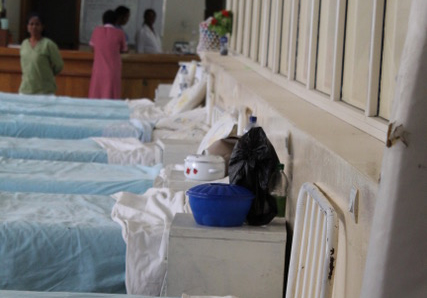
Today we had the chance to visit several of our satellite clinic projects along with our hospital project. The health centers we visited each served over 47,000 people and each one only had around four beds.
It was crazy seeing the environments in which the women give birth – no running water, no air conditioning, dirty walls and floors. We got to meet and talk with a young lady who had given birth two hours before to a beautiful baby girl. She didn’t even look fazed. These women continue to amaze me with their strength.
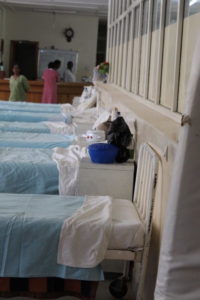
Our hospital project also introduced me to even more strong women. It’s a hospital in Mekele sponsored by Hamlin Fistula Ethiopia, an organization that works specifically to provide care for obstetric fistula – a medical issue caused when there is a delay in the birth of a baby. To put it plainly, a lot of these women are so far from medical centers and help that they will remain in labor for extended periods – up to 7 days – waiting until they can get the help they need. This often times leads to stillborn babies and obstetric fistula – the creation of a hole causing them to continually leak liquids and feces.
The head nurse for the hospital was telling us about the societal implications of such an issue and I was extremely saddened by what these women and girls go through. Many times they become ostracized from society as they are deemed “unclean” and they are forced to live in the outskirts of the villages. Husbands will divorce them. Families will disown them. Churches won’t let them in. All because of a medical issue caused by lack of access to fast help.
The women who come to this hospital are given free access to the surgery necessary to repair the issue, and are allowed to stay with their children for several months. Not only is it an extremely painful surgery, but it’s also an extremely long recovery – one involving many weeks of physical therapy to correct the way they walk. While Hamlin Fistula Ethiopia has a hospital in Addis and five regional hospitals, there is a real shortage of care throughout Water to Thrive’s service area. In fact, in Uganda, there is another obstetric hospital just being completed, the Terrewode Women’s Community Hospital, that has been a project spearheaded by Water to Thrive board member Lynne Dobson. It is incredible that so few facilities exist to help the women in need, but the help that is given is so necessary and so appreciated!
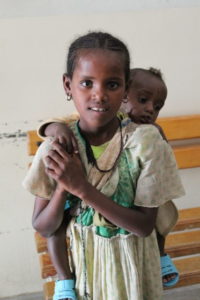
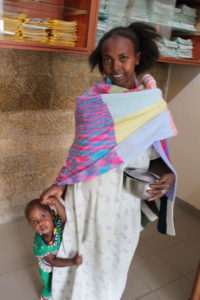
If I’ve said it once, I’ll say it again. These women are so very strong. If you’ve never heard of obstetric fistula, I encourage you to look it up and educate yourself – 1.6 out of every 1000 women in Ethiopia will have obstetric fistula as a result of giving birth. And there are hundreds of thousands of women giving birth yearly.

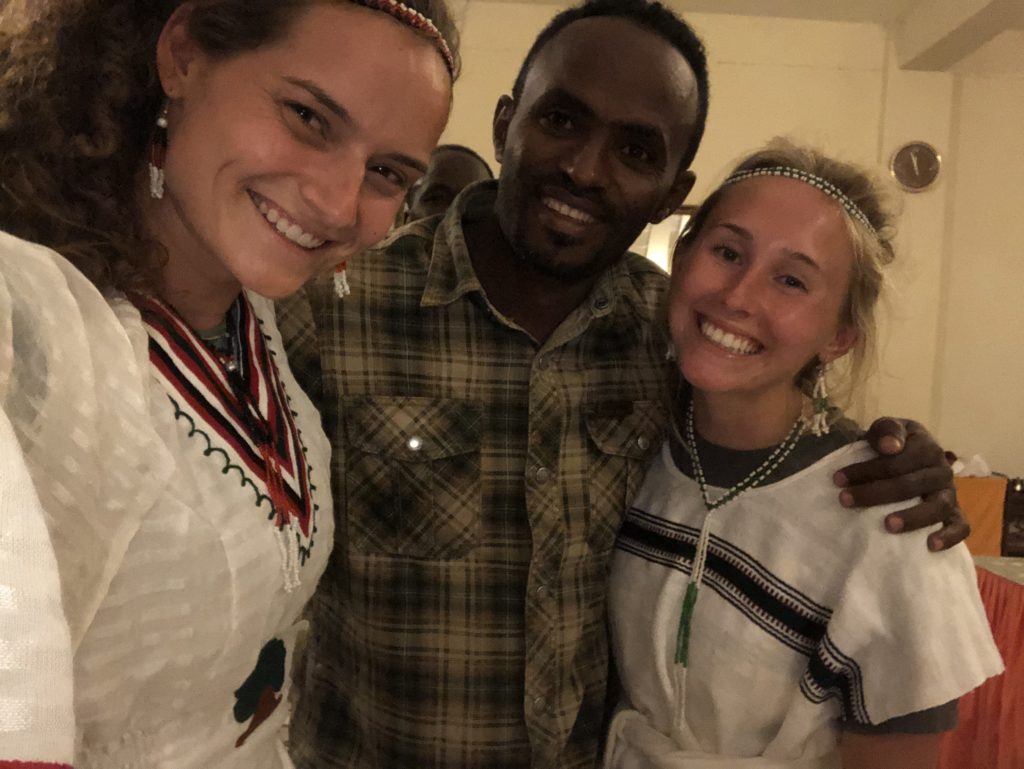

About The Author: Water to Thrive
More posts by Water to Thrive